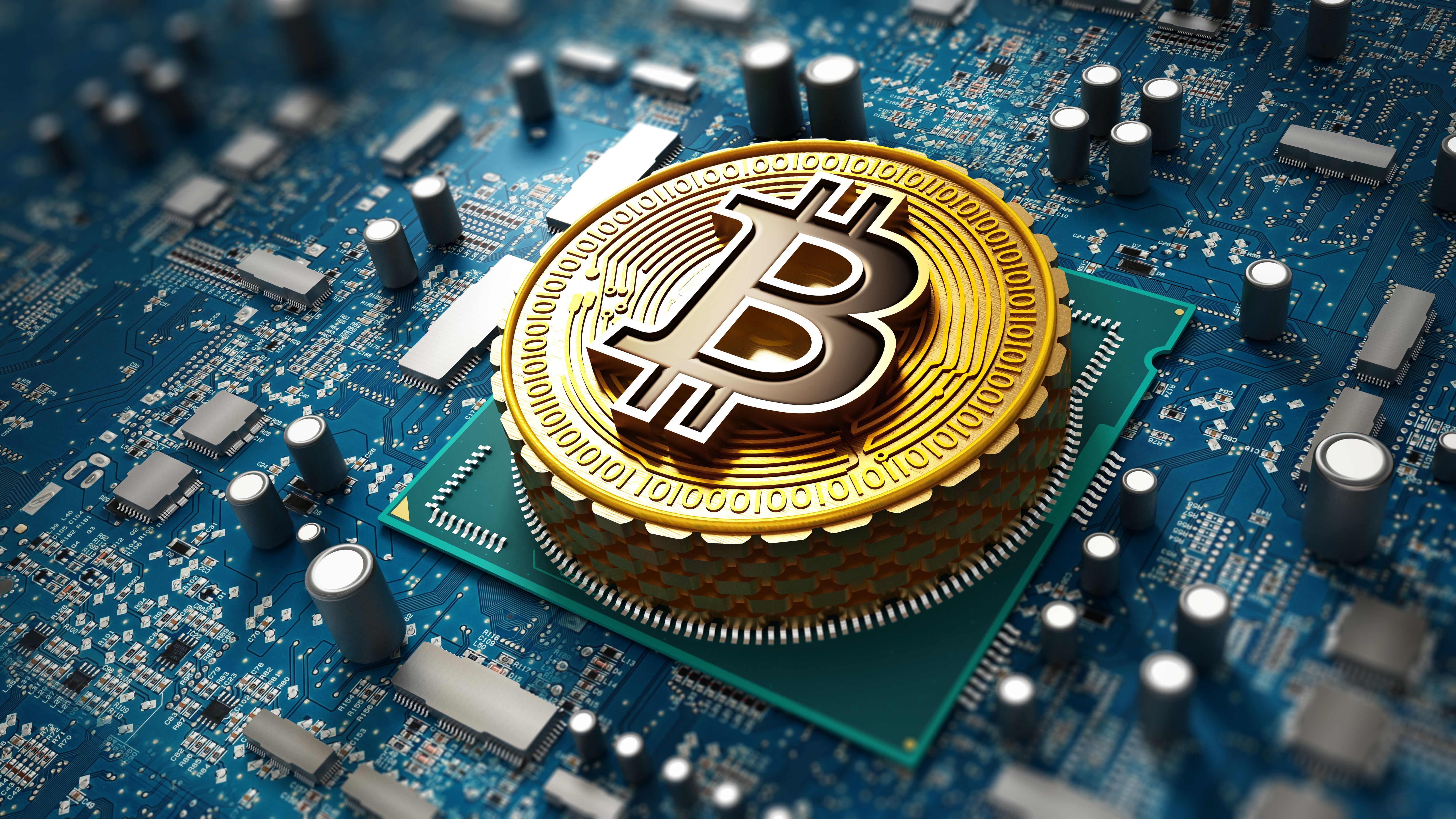Why Bitcoin Stands as the Hardest Money in History
Understanding Bitcoin as Hard Money
Bitcoin has often been referred to as the "hardest money" in history, a term that signifies its unique properties compared to traditional currencies. Unlike fiat money, which can be printed in unlimited quantities, Bitcoin offers a fixed supply. This characteristic alone makes it an attractive store of value in an era of economic uncertainty and inflation.
As the world grapples with fluctuating economies and the devaluation of national currencies, Bitcoin's appeal continues to grow. Many investors are turning to Bitcoin as a hedge against inflation, recognizing its potential to preserve wealth over time. But what exactly makes Bitcoin stand out as the hardest money?

Scarcity and Supply Limit
One of Bitcoin's defining features is its scarcity. There will only ever be 21 million Bitcoins in existence, a cap that is hardcoded into its protocol. This limited supply contrasts sharply with traditional currencies, which central banks can print at their discretion. Scarcity is a fundamental attribute of hard money, and it is this aspect of Bitcoin that gives it intrinsic value.
The process of mining Bitcoin also contributes to its scarcity. As more Bitcoins are mined, the difficulty of mining increases, requiring more computational power and energy. This progressive reduction in the rate of new Bitcoin creation ensures that the supply remains controlled and predictable.
Decentralization and Security
Bitcoin operates on a decentralized network, meaning it is not governed by any single entity or government. This decentralization is critical to its security and resilience, as it prevents manipulation and interference. The blockchain technology underpinning Bitcoin ensures transparency and immutability, making transactions secure and verifiable.

Unlike traditional financial systems, where intermediaries can impose fees and restrictions, Bitcoin transactions occur directly between users on the network. This peer-to-peer nature not only reduces costs but also enhances privacy and autonomy for users.
Resistance to Inflation
In times of economic turmoil, governments may resort to printing more money to stimulate growth, leading to inflation and the devaluation of currency. Bitcoin's fixed supply makes it inherently resistant to inflationary pressures. As demand for Bitcoin increases, its value is likely to appreciate, offering protection against the erosion of purchasing power.
This resistance to inflation is one of the key reasons why many view Bitcoin as a reliable store of value, akin to gold. Investors seeking stability often turn to assets that maintain their value over time, and Bitcoin's performance has historically aligned with this goal.

The Global Impact of Bitcoin
Bitcoin's influence extends beyond individual wealth preservation; it presents an opportunity for financial inclusion on a global scale. In regions where access to traditional banking is limited, Bitcoin offers an alternative financial system that is accessible to anyone with an internet connection.
This democratization of finance can empower individuals and communities, providing them with tools for savings, investment, and economic participation. As Bitcoin adoption grows, its potential to drive economic transformation becomes increasingly evident.
Conclusion: The Future of Hard Money
The unique characteristics of Bitcoin—scarcity, decentralization, security, and resistance to inflation—underscore its status as the hardest money in history. As more people recognize these attributes, Bitcoin's role in the financial landscape continues to evolve.
While challenges remain, such as regulatory hurdles and technological advancements, the underlying principles that make Bitcoin hard money remain steadfast. As society navigates the complexities of modern economics, Bitcoin stands as a beacon of monetary innovation and stability.